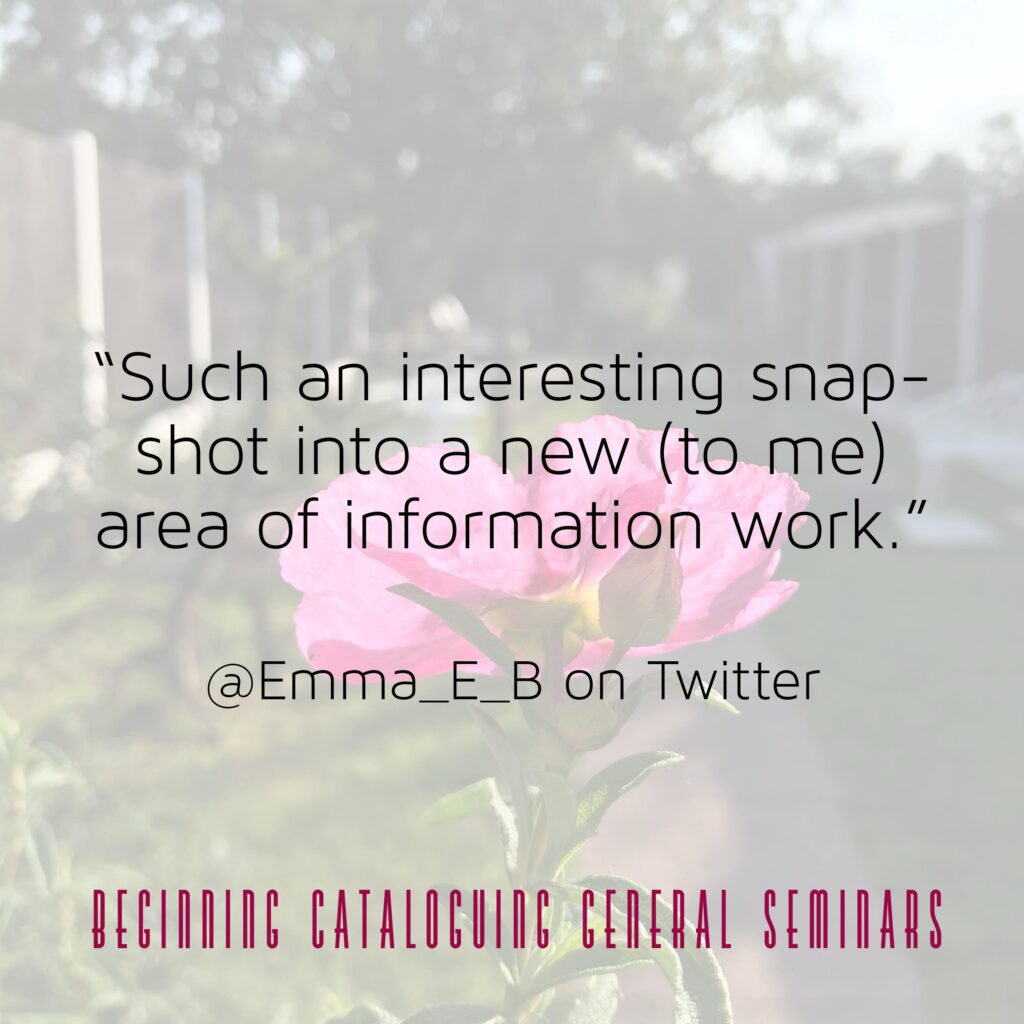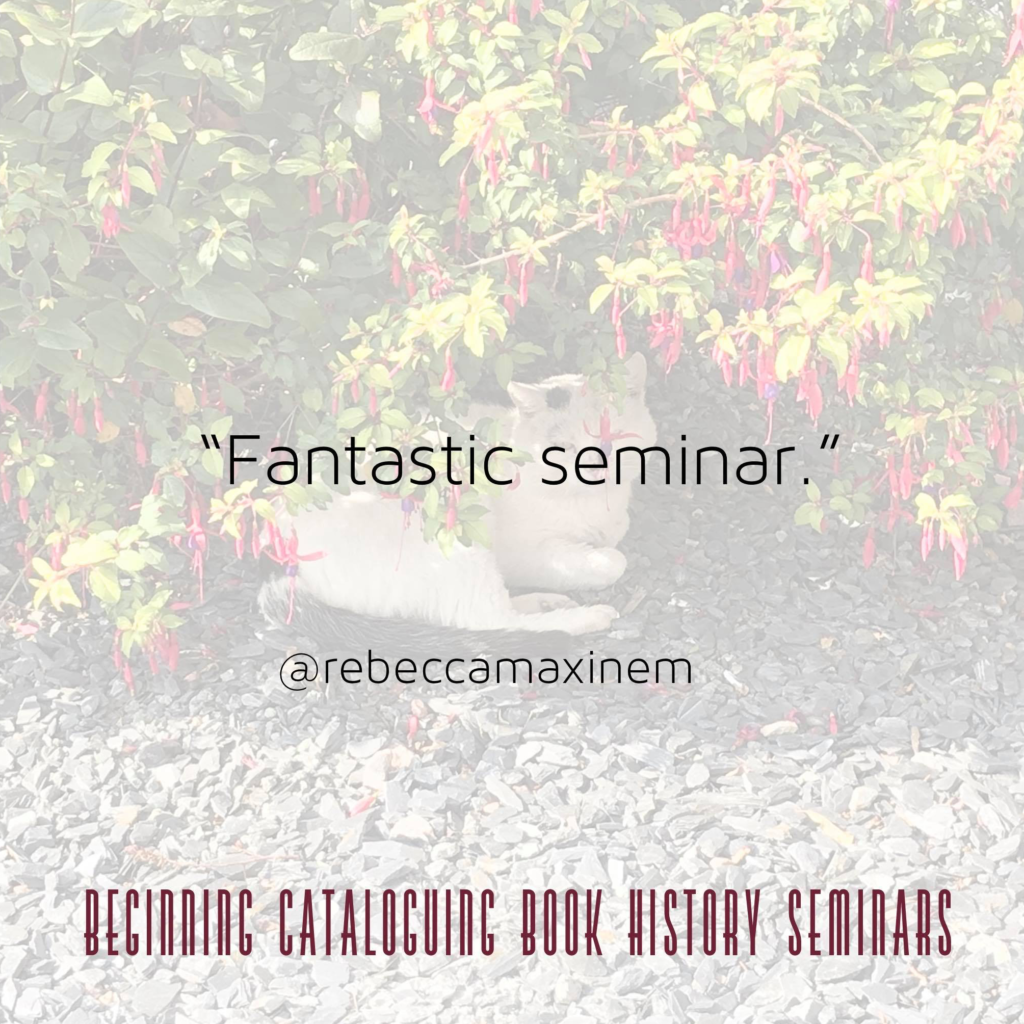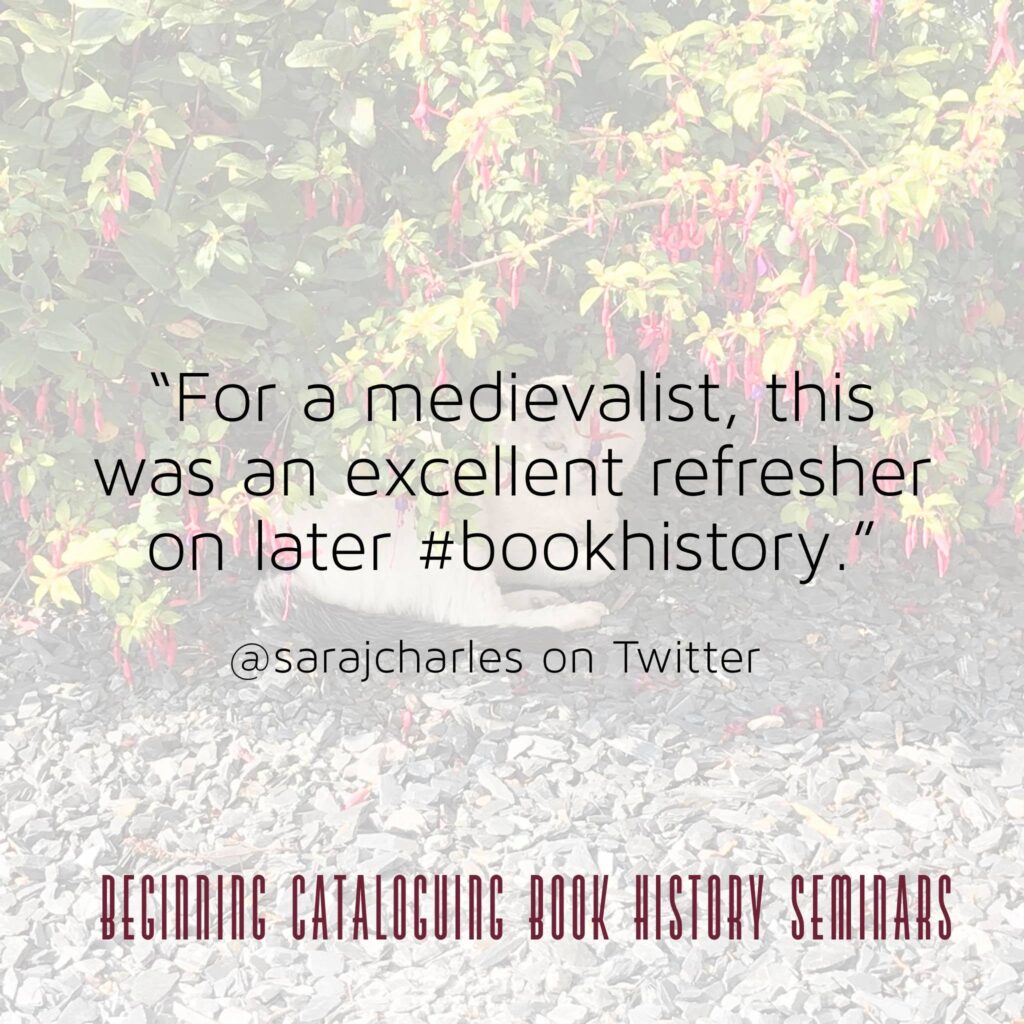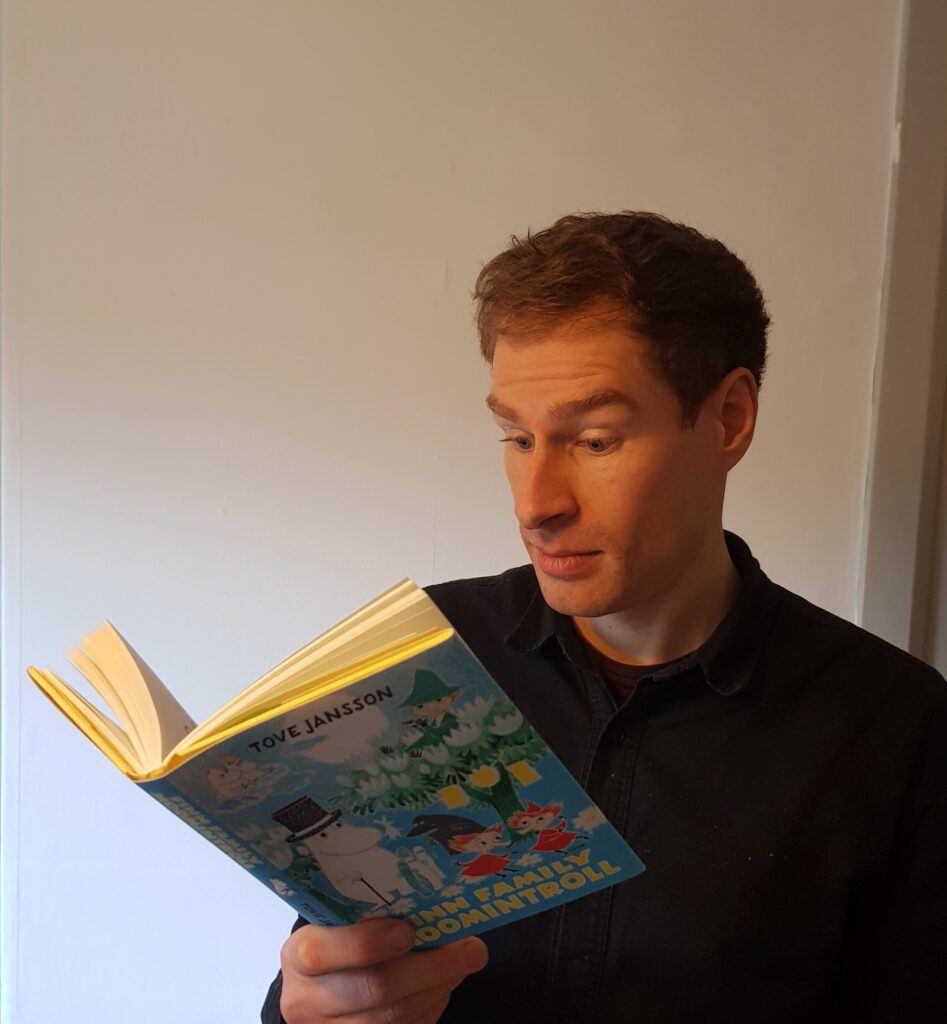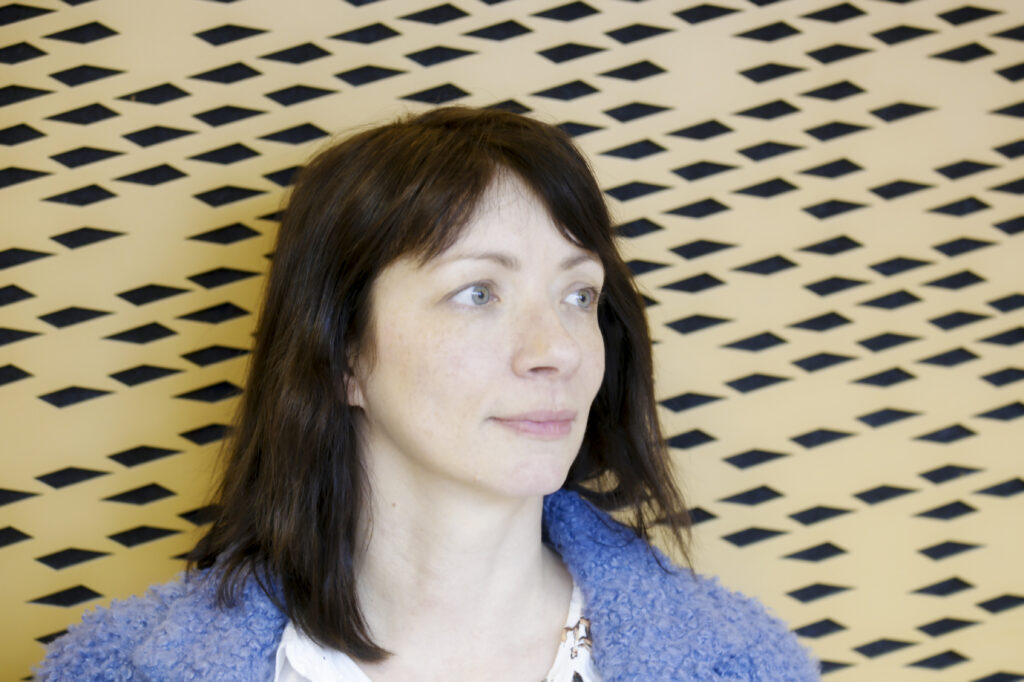
We started this month with a seminar led by Helen Williams (LSE Library) on making the move From Cataloguer to Manager. Harriet Notman has written this event report summarising some key points.
Helen Williams, Metadata Manager at LSE Library, recounted her career journey from public libraries, to business research, to working in higher education and specialising in metadata, to becoming a manager. The seminar was broken down into three parts. Helen’s background, how she moved into a management role, and how the role changed over time. Helen ended her seminar with a look at strategic focus in her department.
Background
Helen started her career working in public libraries in her local area. After her degree in English Literature, she worked for small charities and then studied for her library qualification. Her first professional post was at the Institute of Directors, having been offered the job due to her research skills. Broken down this job was approximately 80% business research and 20% acquisitions and cataloguing. Even though cataloguing was only a small area of focus for this research role it gave her enough experience to draw upon to move into a more specialised role in metadata.
Helen worked for the Institute of Directors for 3 years and then applied for a position as an Assistant Librarian for LSE’s bibliographic services, which she remained in for a number of years. Helen had found her niche in cataloguing and metadata. She instilled in her talk that metadata is a fast-paced area of librarianship. There are constant changes in this field and this allows those who work in this field to build up their skills.
Moving Into Management
In 2014 Helen applied for a Metadata Manager role at LSE. At this point in the seminar Helen gave some great advice on job applications. Her main message was to apply for jobs that you are interested in even if you don’t meet the full skillset. She emphasised that doing this works well for moving up the ladder. No one may apply who has the full skills listed in a job description. Helen also highlighted that employers may be open to training and development for areas that you are lacking in as an applicant. She also mentioned the importance of transferable skills and to be honest in your interview, but to draw on comparable experiences. For example, Helen hadn’t managed in a library environment before, but had at a children’s holiday club. She drew upon this experience and it paid off.
Helen was successful in her application and became the Metadata Manager. An internal move was good for Helen as it meant already knowing the place and the people, but of course she was now in a different role with different responsibilities. It wasn’t only metadata that she managed, but people too. Helen explained the layers of her role from running a vital part of the library, to advocating for her team, alongside focusing on the wider remit and institutional strategy. Building an external support network, Helen found, was extremely useful for moving into a management role. Having others to bounce ideas off, talk to about new challenges, and ask for advice, was very important.
People managing is one of Helen’s biggest joys. An important part of management is knowing your strengths and weaknesses and being aware of these whilst managing. Also, in moving to management Helen not only had line manager responsibilities, but multi-layered managerial responsibilities. Managing people who also managed other people. One aspect Helen emphasised was how important communication is. Even things as simple or as small as letting your team know there’s no new developments in an area you’re working on is vital to ensure your team know that you still have oversight of a project. Again, something as simple as making sure your team can see your calendar and know where you are is lets your team be aware of where you are and so they can find times to contact and talk to you. Making time for your team is something Helen makes sure she does frequently. Not just in terms of work, but also getting to know people personally. Helen promoted that being interested in your colleagues led to a feeling of being more valued and engaged.
Alongside being a metadata manager Helen advised us to take full advantage of exciting opportunities that present themselves. This also helps grow your network and support group. Helen has managed to gain some fantastic opportunities in the library world, including sitting on the Cataloguing and Indexing Group (now Metadata and Discivery Group) committee and writing peer-reviewed articles. Recently, she found herself to speaking at a research library conference for Latin America in Chile (from the comfort of home) with an audience of 750 attendees.
How the role changes
In terms of how the role changed over time it was fascinating to see Helen’s growth in responsibilities as her career moved forwards. Before being in a managerial role cataloguing was a large part of what she did at LSE. For example, creating records from scratch and being very hands on with systems. With the move into a management role there came with it a broader view of department and more of a focus on horizon scanning and developing projects. Helen no longer created metadata records and did a lot less with the metadata collection. She did, however, allow others the space and support to develop as experts in their area. Helen knew she had to let go of aspects from her previous role to allocate her time and progress as a manager.
She grew her managerial skills by being able to have an overall view of her team and leave the team to be experts of specific areas themselves. Helen covers a lot in her role and explained to us some of the new areas she was working on in light of the pandemic, including looking at the library’s capacity for occupancy. Being in a managerial role can allow you to get involved with lots of different areas and usually at a wider, more institutional level.
Helen ended her presentation by explaining her Strategic Focus for her team. Having a strategic focus is about having an eye on the horizon and when to make appropriate changes, Helen explained. Metadata encompasses more areas than physical resource metadata, but for the LSE team links to research metadata, the REF, working with datasets, DOIs, and working with the digital library team. I came away from this seminar understanding Helen’s metadata expertise, and those of her team, is adaptable and can be applied to many different areas. Also, the importance of having a base of knowledge in an area and how that relates to managing a team and the skills to develop. Following Helen’s varied career showed just what career opportunities can be available.
Following the interest in Helen’s purpose tree that she shared during this seminar, Beginning Cataloguing is working with her and previous speaker Emma Booth (University of Manchester) as well as Jennie-Claire Crate (University of Kent) to develop a workshop on Demonstrating the Value of Your Metadata. Watch this space, our newsletter, Instagram and Twitter for further details when we have them.
